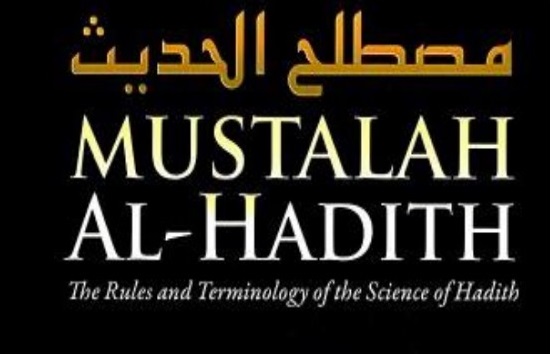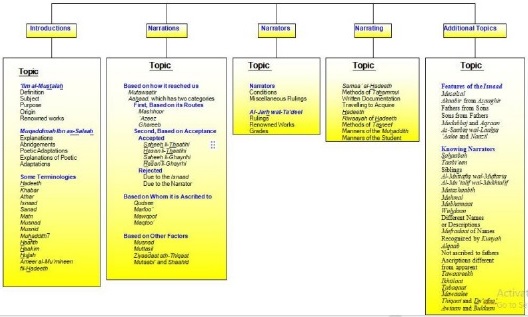1.
Understand the Types of Khabar – In Terms of Transmission:
-
Learn the various categories of hadith based on their modes of transmission.
2.
Define and Differentiate Saheeh, Hasan, and Daeef Hadith:
-
Gain a clear understanding of what constitutes a Saheeh (authentic), Hasan (good),
and Daeef (weak) hadith.
3.
Identify the 5 Conditions of Saheeh Hadith:
-
Master the five essential criteria that must be met for a hadith to be classified as
Saheeh.
4.
Analyze the 4 Types of Breaks in a Chain (Inqitaa’):
-
Explore and identify the different types of interruptions that can occur in the chain
of narrators.
5.
Explore and identify the different types of interruptions that can occur in the chain
of narrators.
-
Learn about Tadlees (concealment or omission) in hadith transmission.
6.
Recognize Mudtarib Hadith:
-
Identify Mudtarib (confused or inconsistent) hadith and understand the factors
leading to such categorization.
7.
Understand Idraaj in Hadith:
-
Study the concept of Idraaj (insertion of a narrator's words into the hadith text).
8.
Analyze Ziyadah fil-Hadith:
-
Understand the implications of additional phrases or sentences (Ziyadah) in hadith.
9.
Explore Ikhtisar al-Hadith:
-
Learn about the summarization (Ikhtisar) of hadith and its impact on transmission.
10.
Narrating Hadith by Meaning:
-
Understand the permissibility and limitations of narrating hadith by their meanings
rather than exact wording.
11.
Identify Fabricated Hadith:
-
Learn to detect and understand the nature and signs of fabricated hadith.
Study Jarh & Ta’deel:
-
Explore the principles and practices of Jarh (disparagement) and Ta’deel
(validation) in evaluating narrators.
Analyze Ta’aarud al-Jarh & al-Ta’deel:
- Study the conflict and reconciliation between Jarh and Ta’deel evaluations.
Understand the Types of Khabar
-
In Terms of Who it is Attributed to:
- Learn the different types of hadith based on their attribution to various sources
(Prophet, Companions, etc.).




